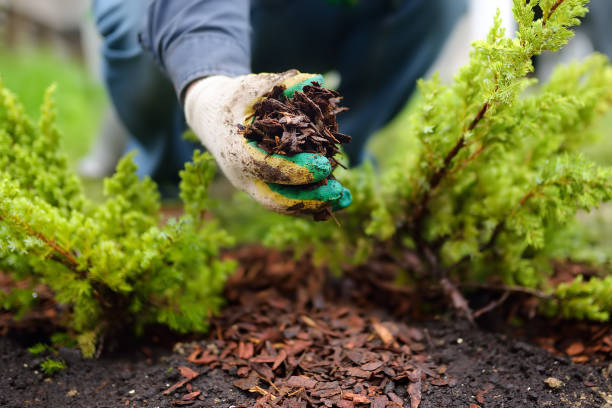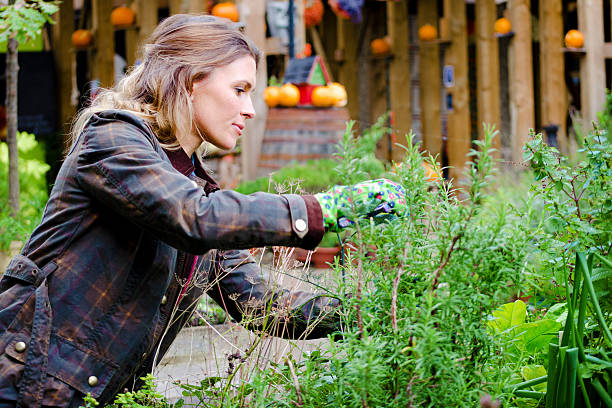Winter can be a difficult time for gardeners, especially those with outdoor gardens. The cold temperatures and lack of sunlight can cause even the most resilient plants to give up. However, there are ways to make your garden more resilient this season.
Planting the right plants for winter
Before you consider protecting your garden from the cold, you’ll need to select the right plants capable of surviving the winter weather. You need to consider a few factors when choosing plants for your winter garden.
Factors such as climate, the amount of water needed and light. If you are growing your garden in a climate that experiences cold winters, you’ll need to select plants that can withstand the cold temperatures. Also, select plants with minimal watering needs.
Prepare your garden for winter
Gardeners need to always prepare their gardens for the winter to avoid plant damage. Doing this helps protect your plants from any potential damage caused by extreme cold or snow.
You can protect your garden during the winter months by mulching or sometimes covering your plants. Mulching provides a barrier between the ground and the cold temperatures above it, preventing water from evaporating and keeping your soil from freezing.

Image Credit: Pexels
Prune your plants
Winter is the best time to prune your deciduous plants. You want to remove unwanted branches, improve your plant structure, and direct new, healthy growth in the warmer season. Most of your plants will look a little bare after pruning but they’ll spring back to life happy when the weather warms.

Image Credit: Unsplash
Grow winter crops
These are cold-weather vegetables that can be grown in most temperate. Gardens typically plant these crops during the autumn and harvest them during the winter months.
They make your dull winter garden look healthy and thriving. The best thing about growing winter crops in your garden is that they require very little maintenance.
Use organic fertiliser
Chemical fertilisers can hurt the environment, and they can also make your plants more susceptible to pests and diseases.
Organic fertilisers, on the other hand, are made from natural materials and they help to improve the soil structure and fertility. There are many different types of organic fertilisers that you can use in your garden.
Have a garden maintenance schedule
It has become important to have a garden maintenance schedule to check on your garden. This will help you keep track of what needs to be done for your garden to survive the winter months.
Check on your soil, check on how much water is needed on your plants. It is key to be aware of what your garden needs always.
By following a few of these tips, you can create a garden that is resilient throughout the harsh colder months and watch it bloom in the warmer conditions.
ALSO SEE:
Feature Image: Unsplash
Originally published in Garden&Home magazine.

